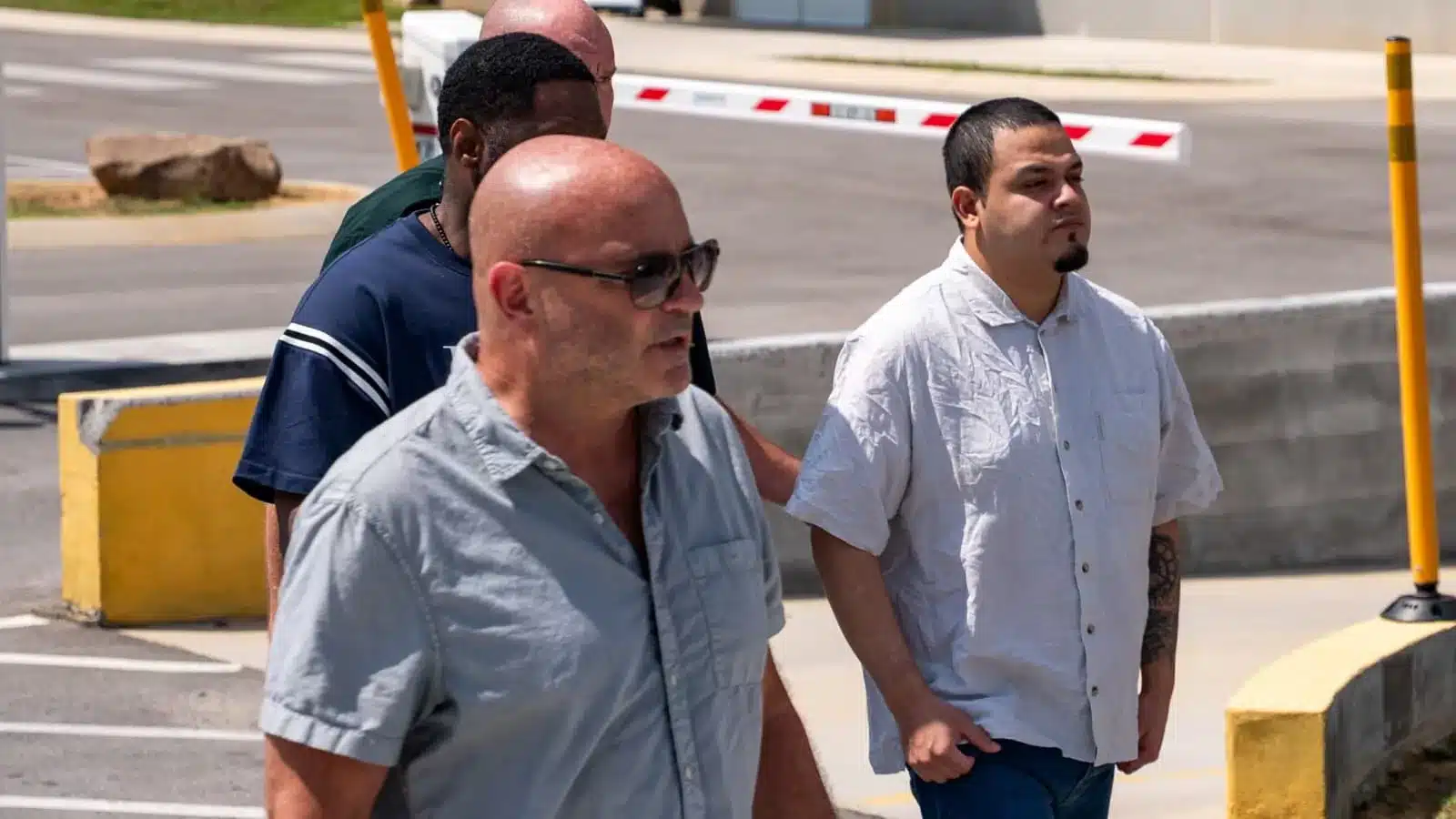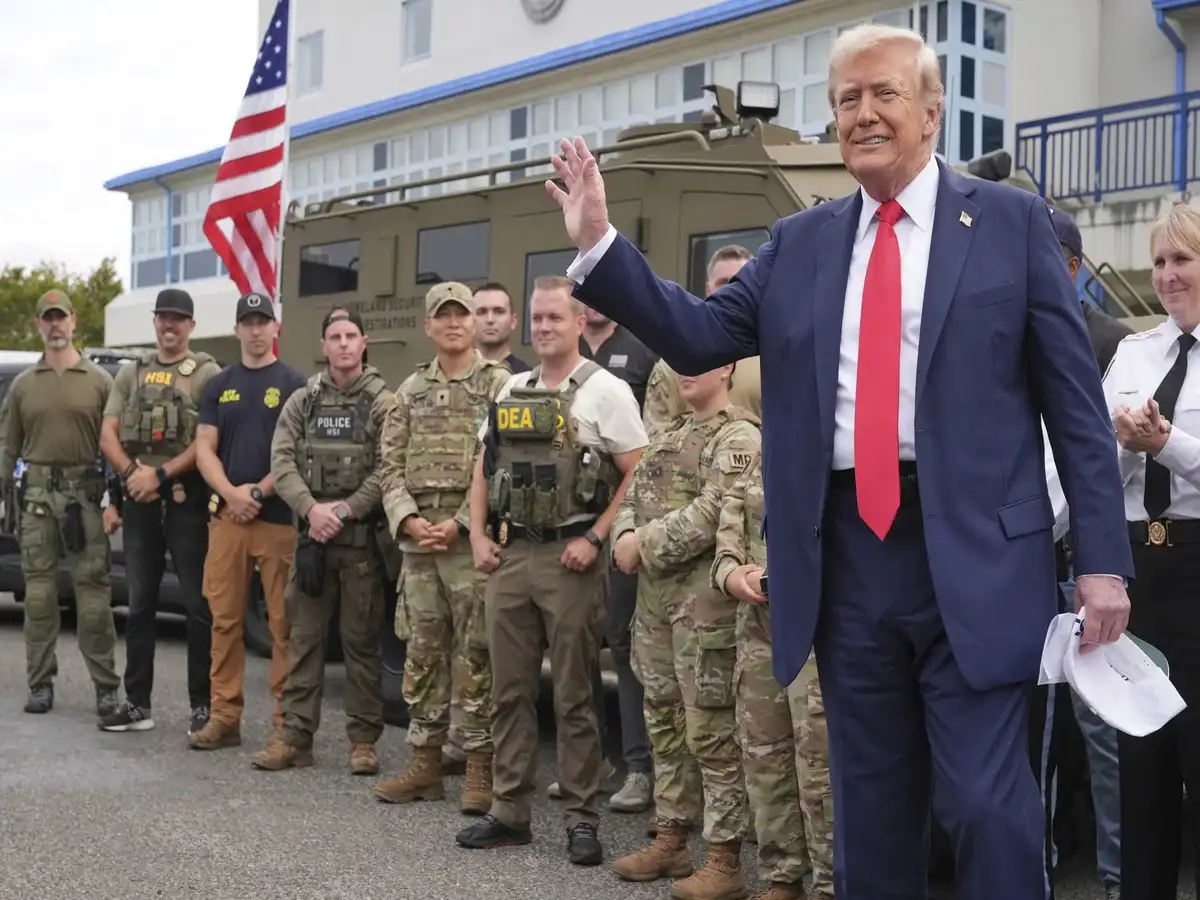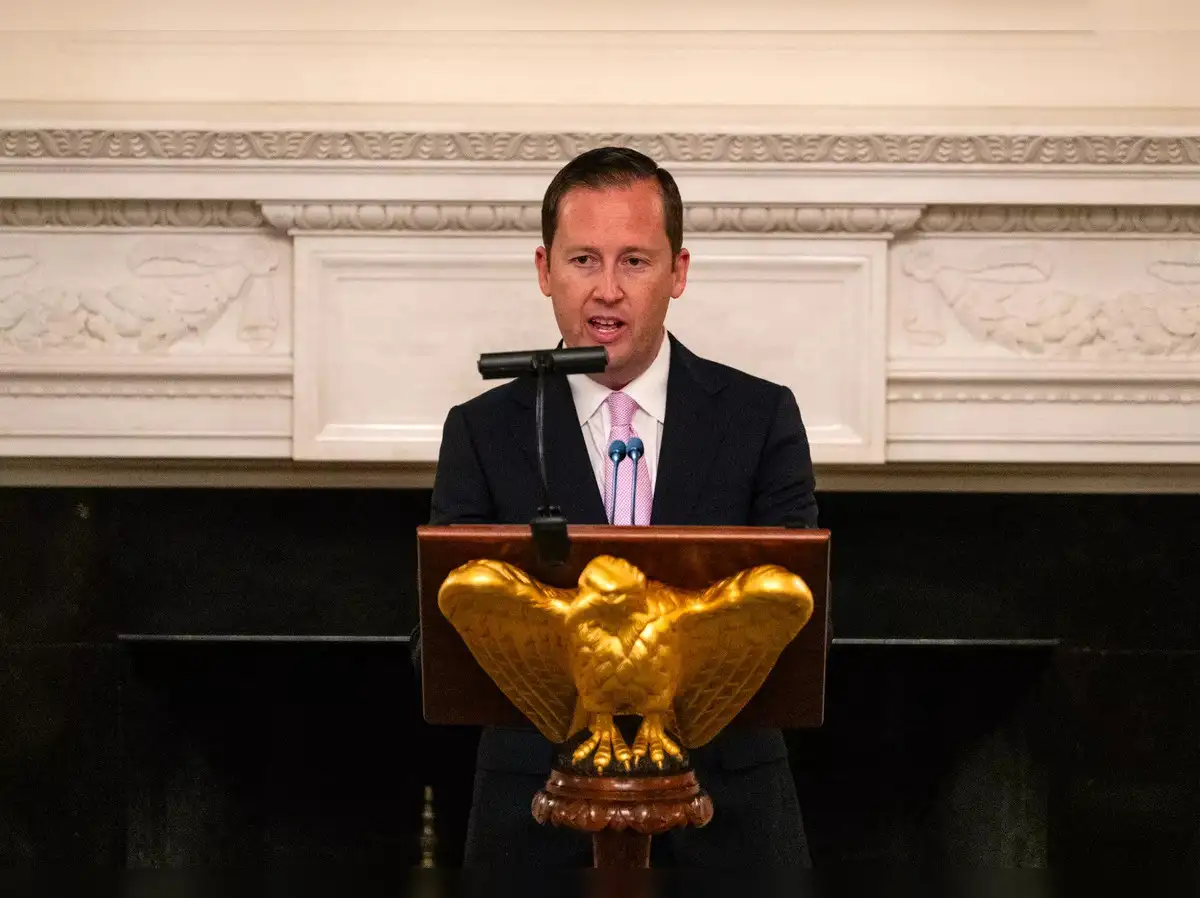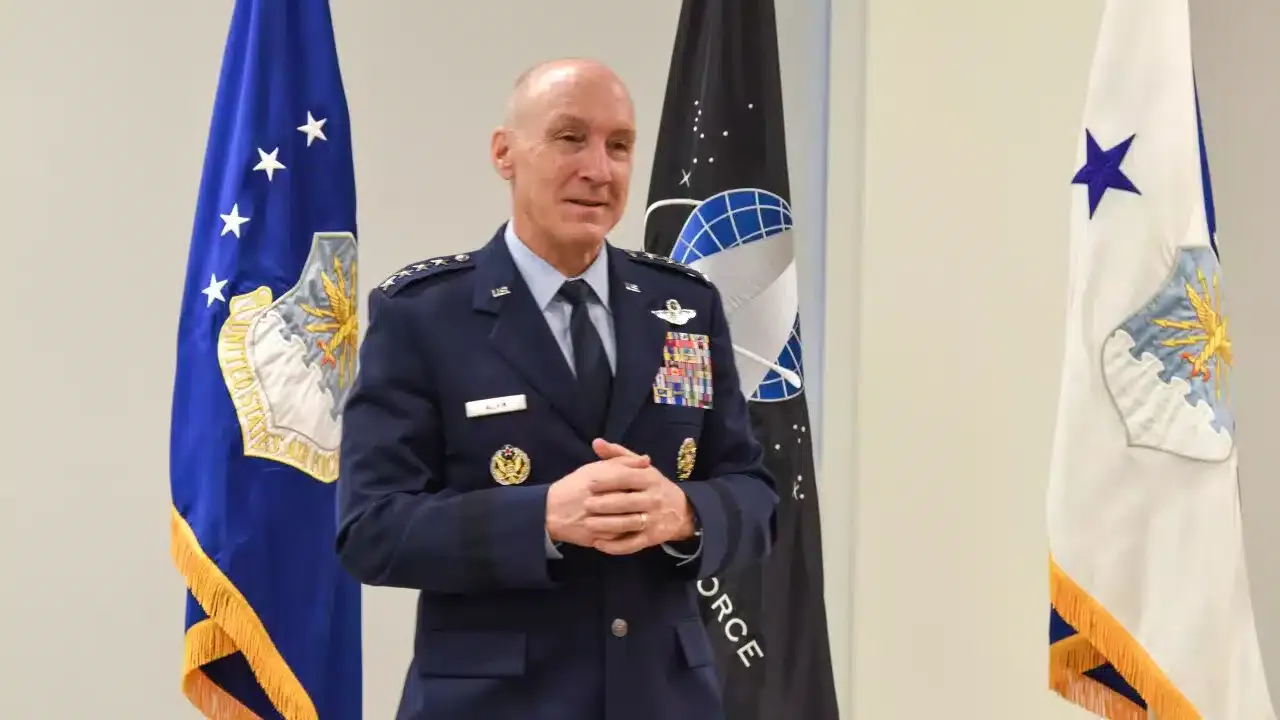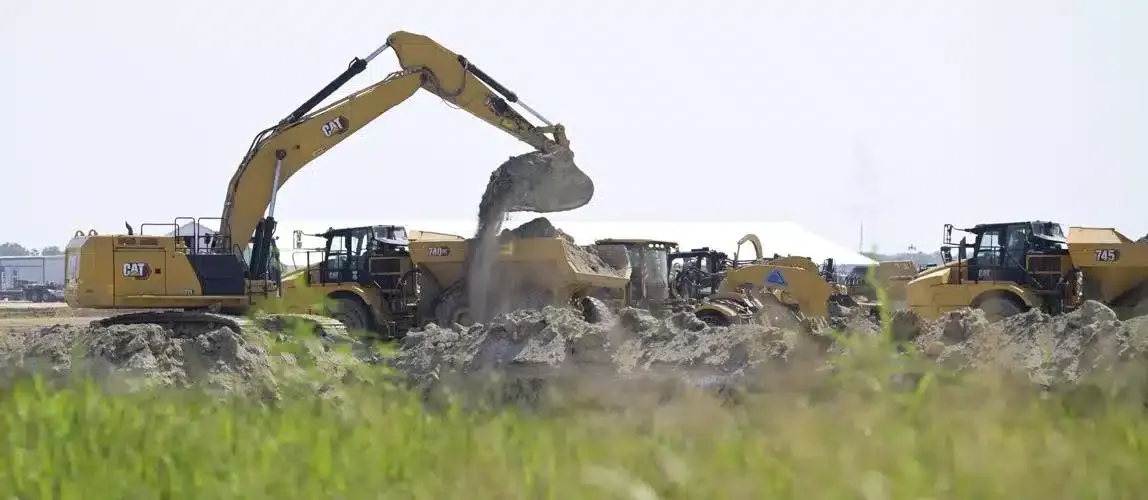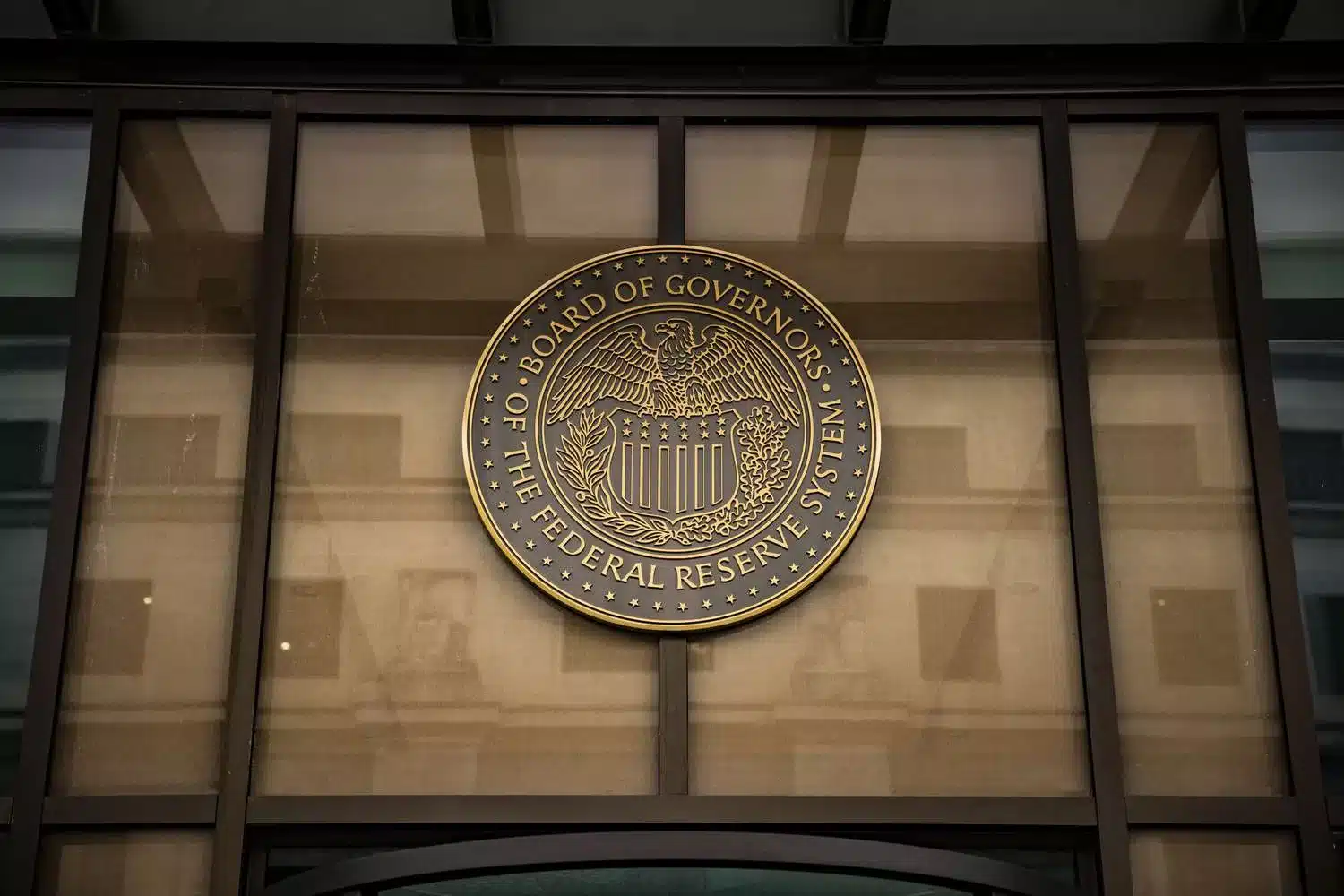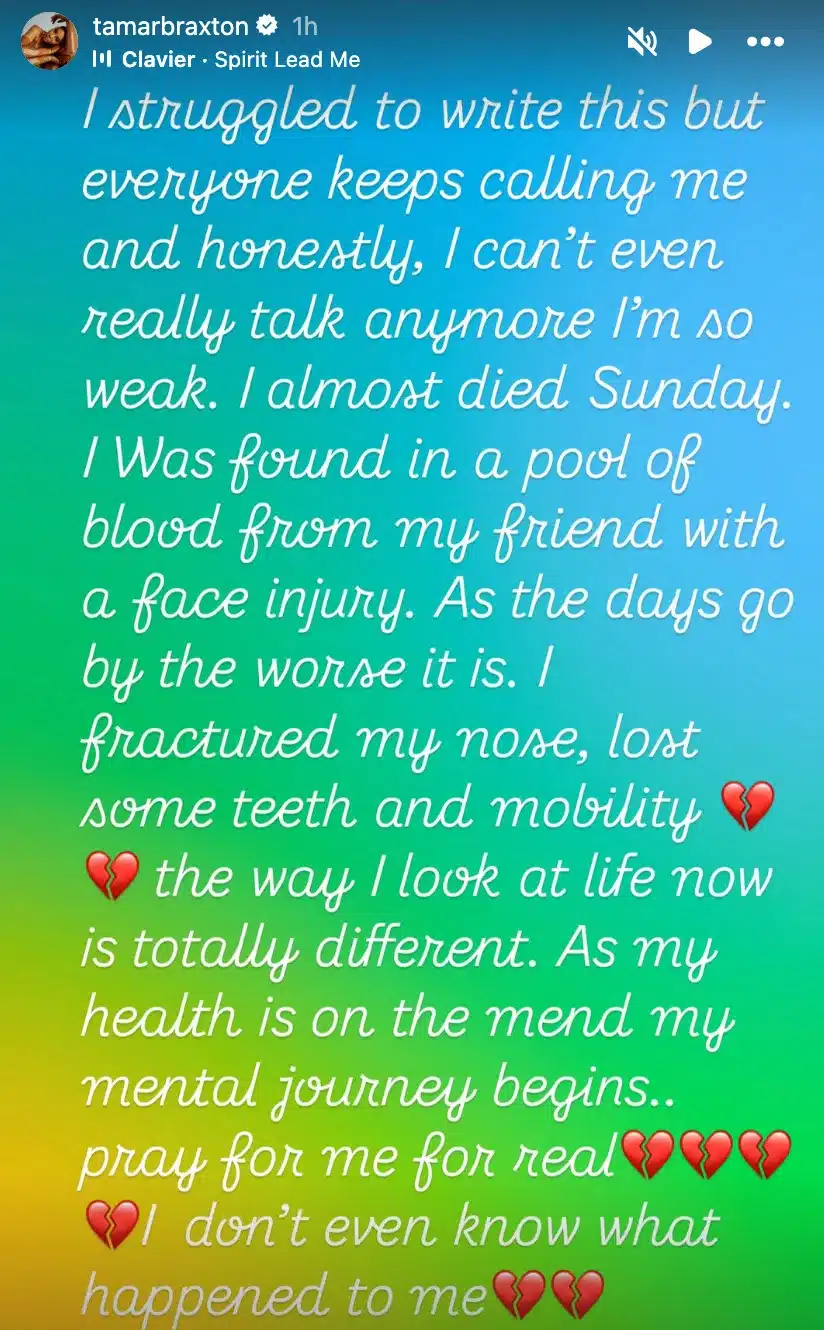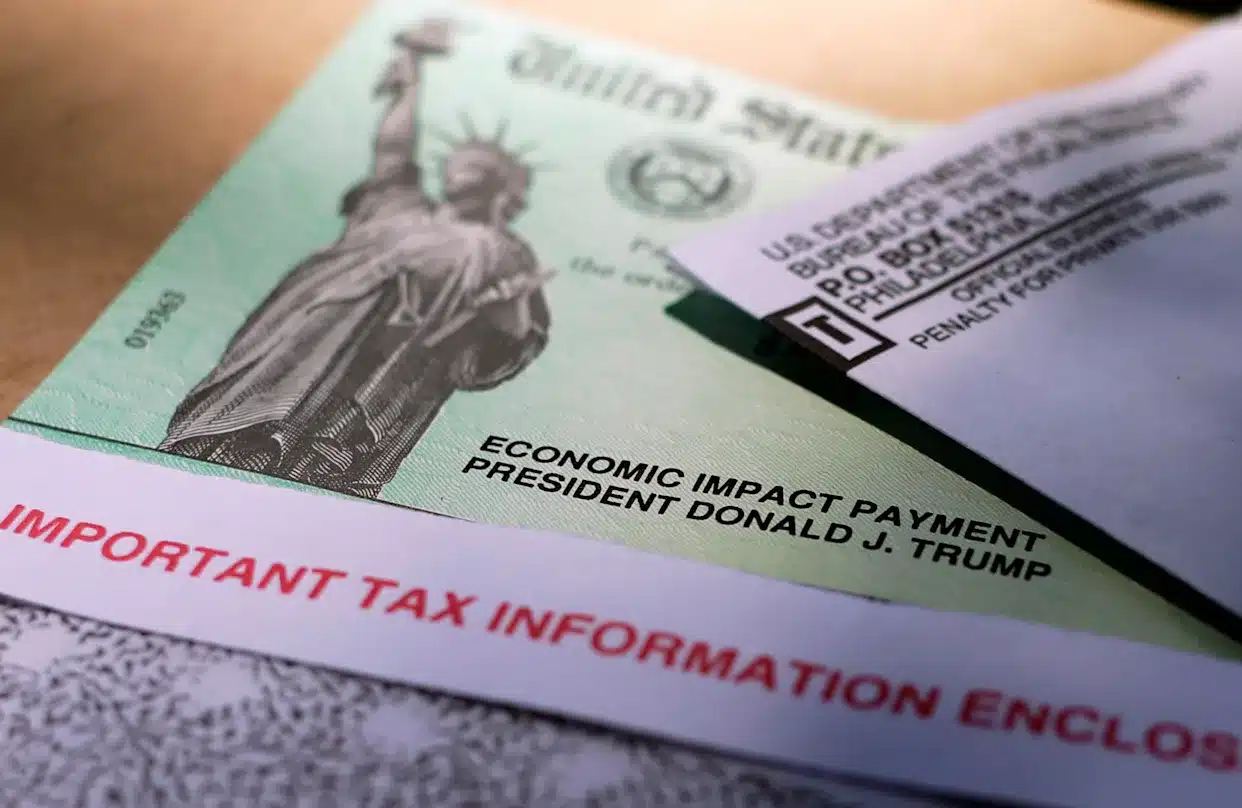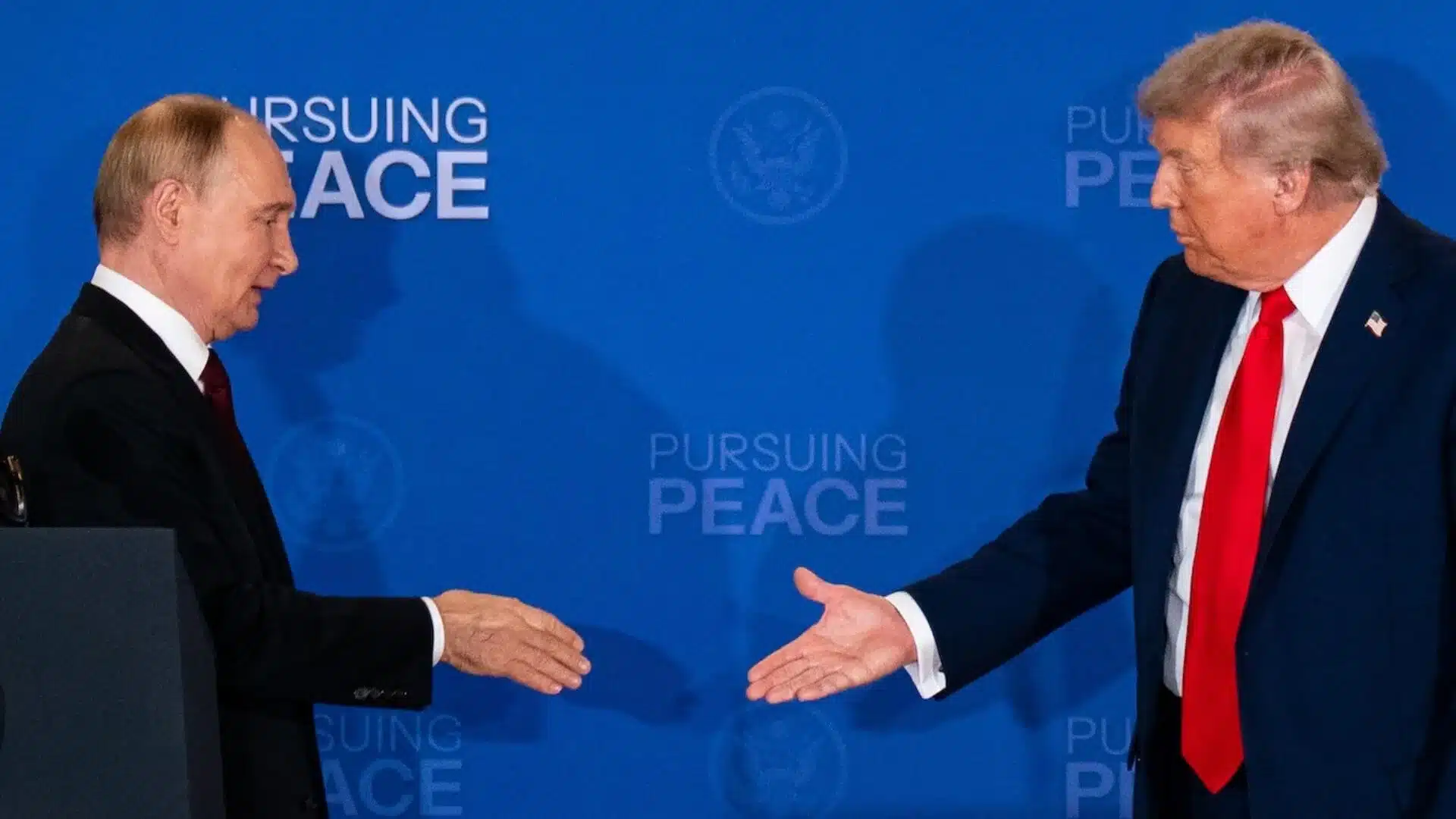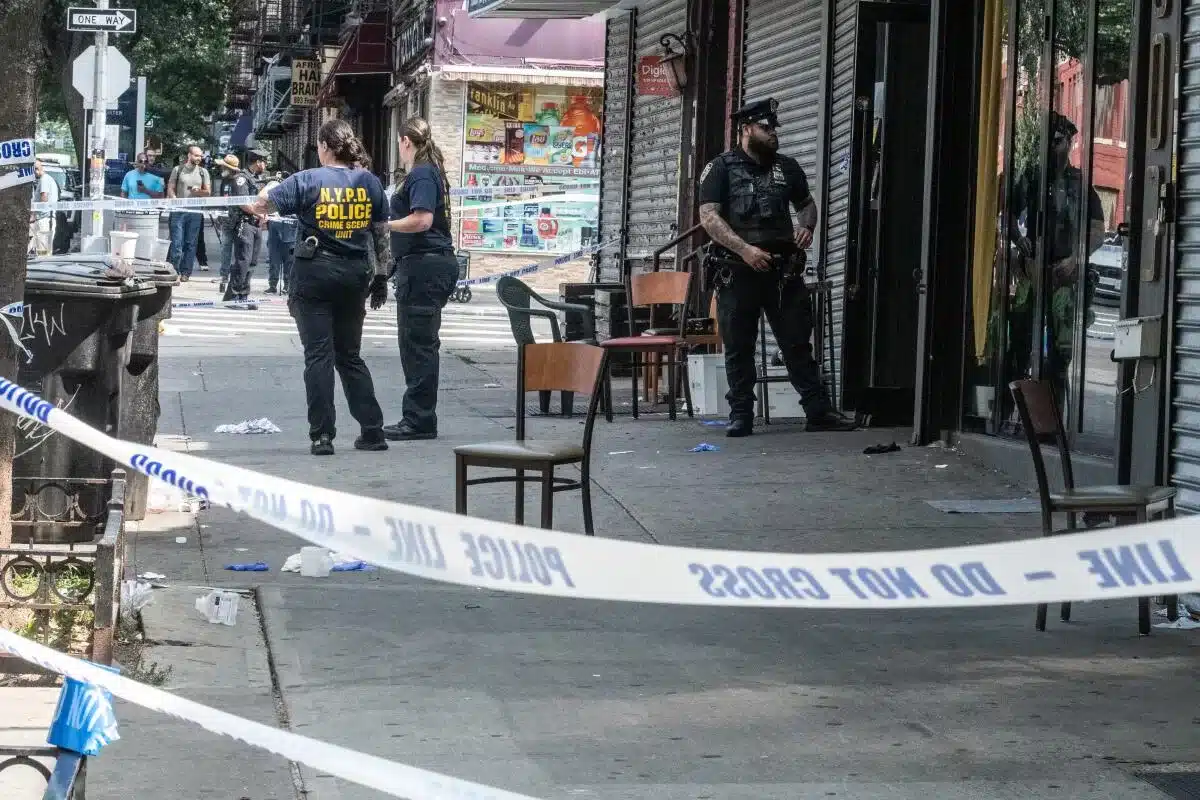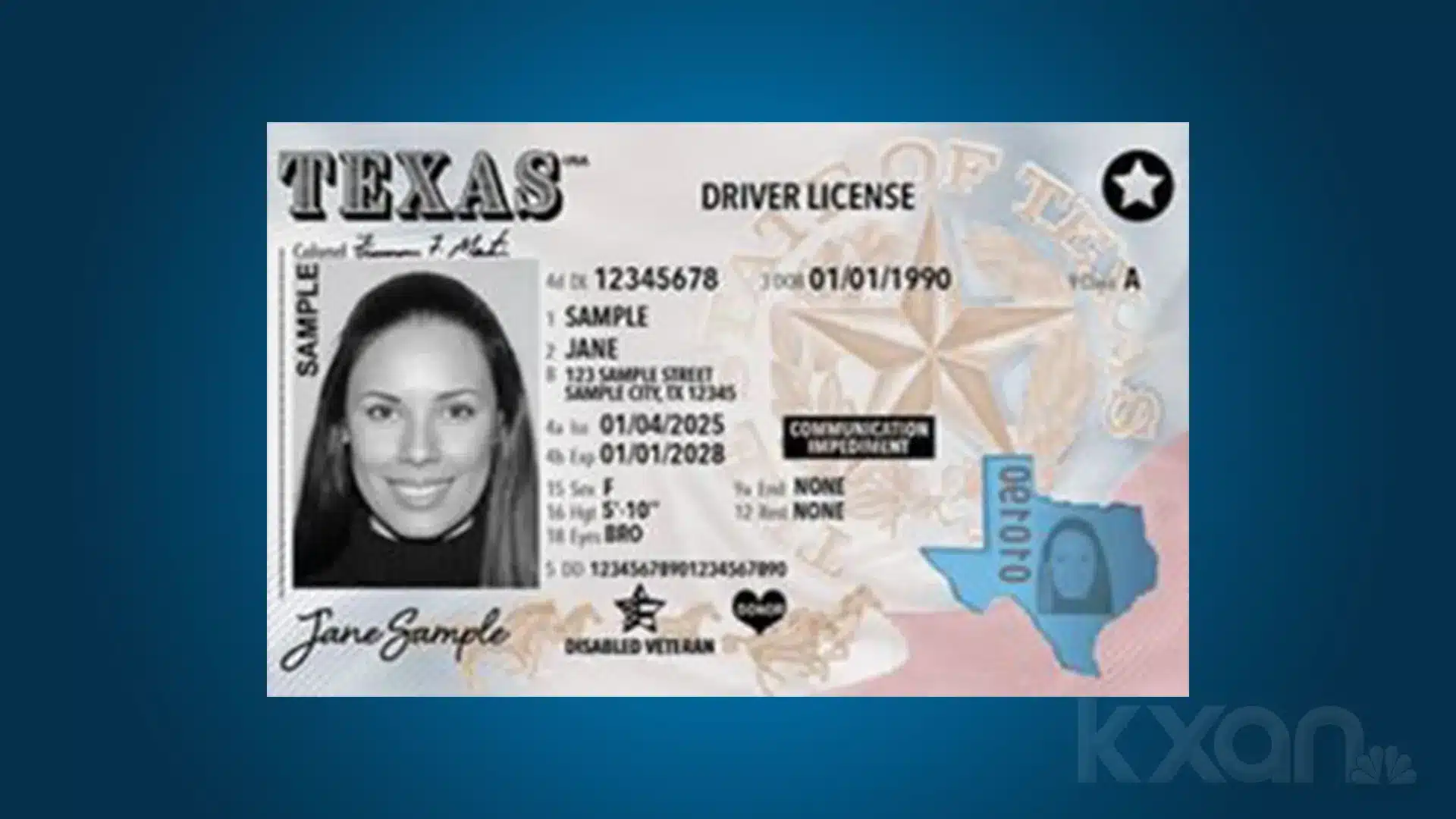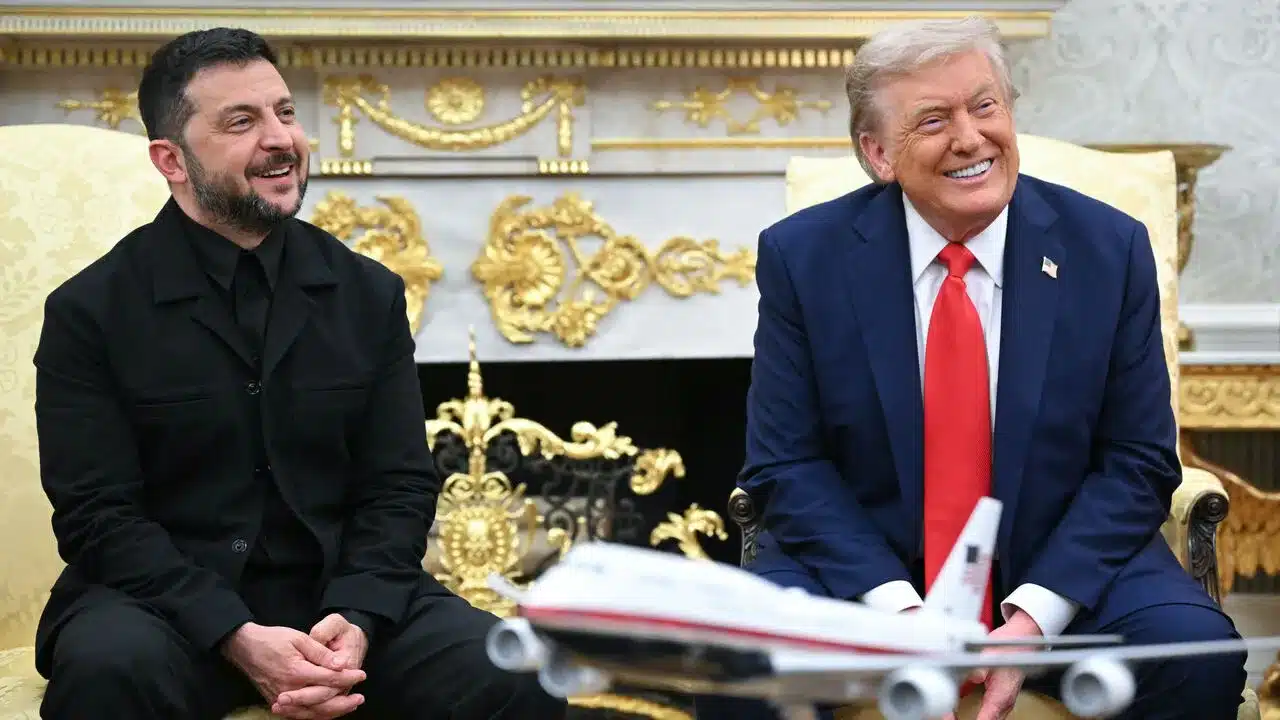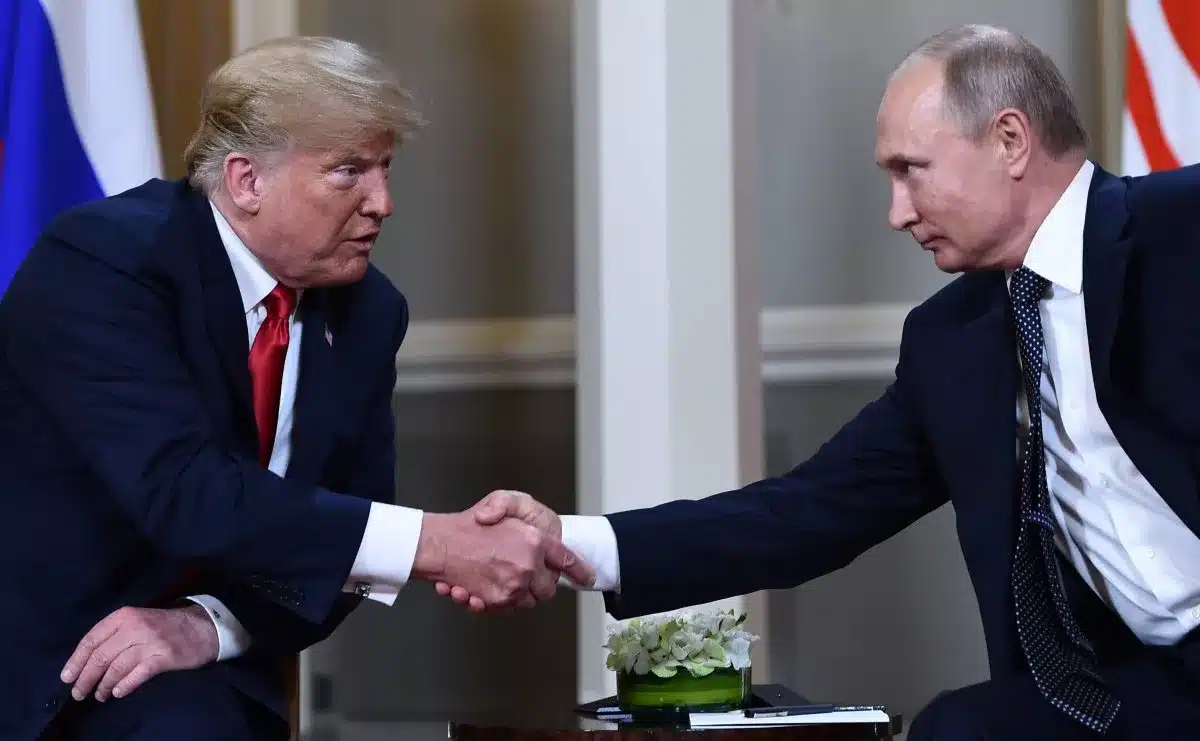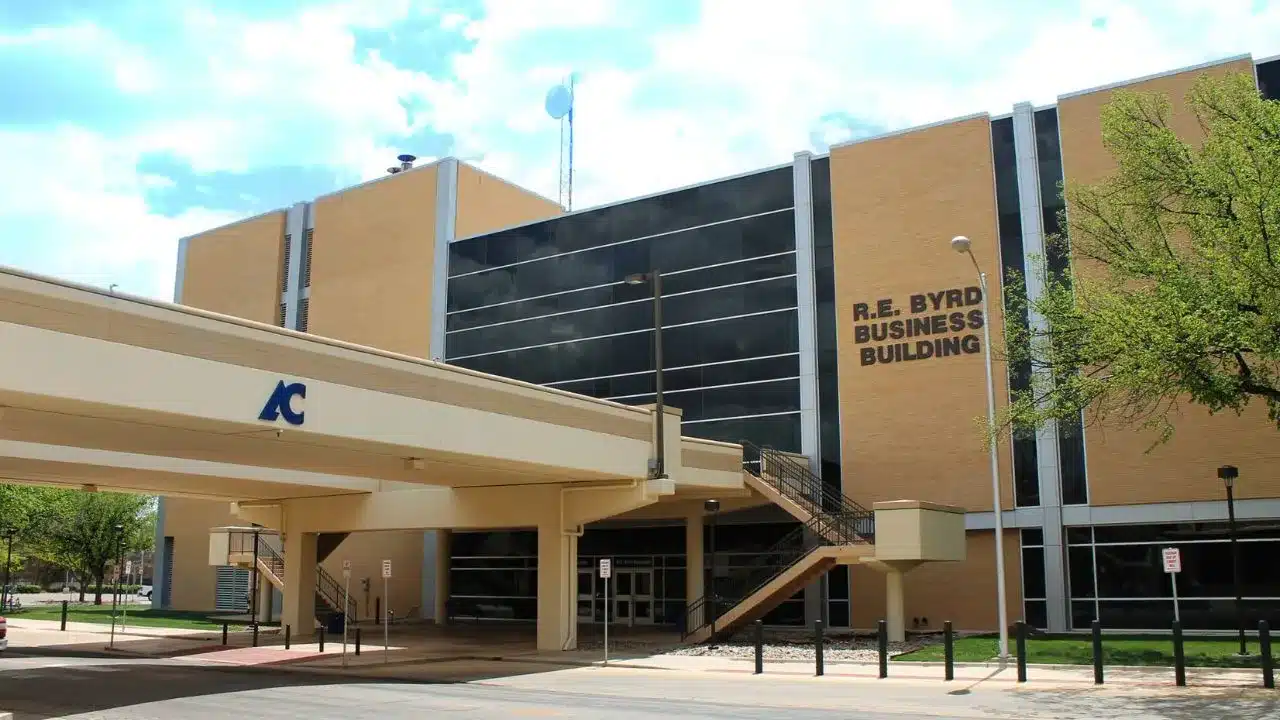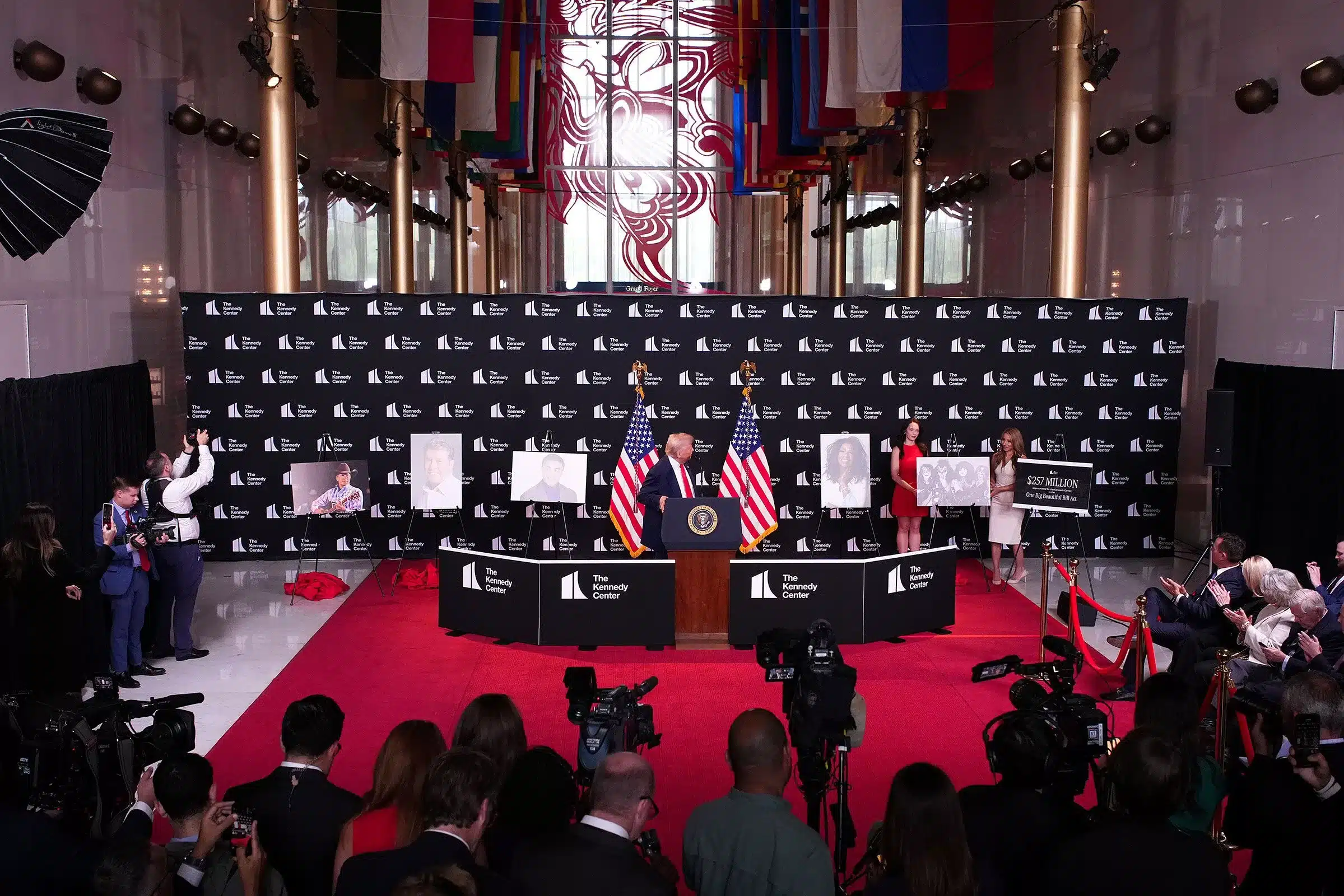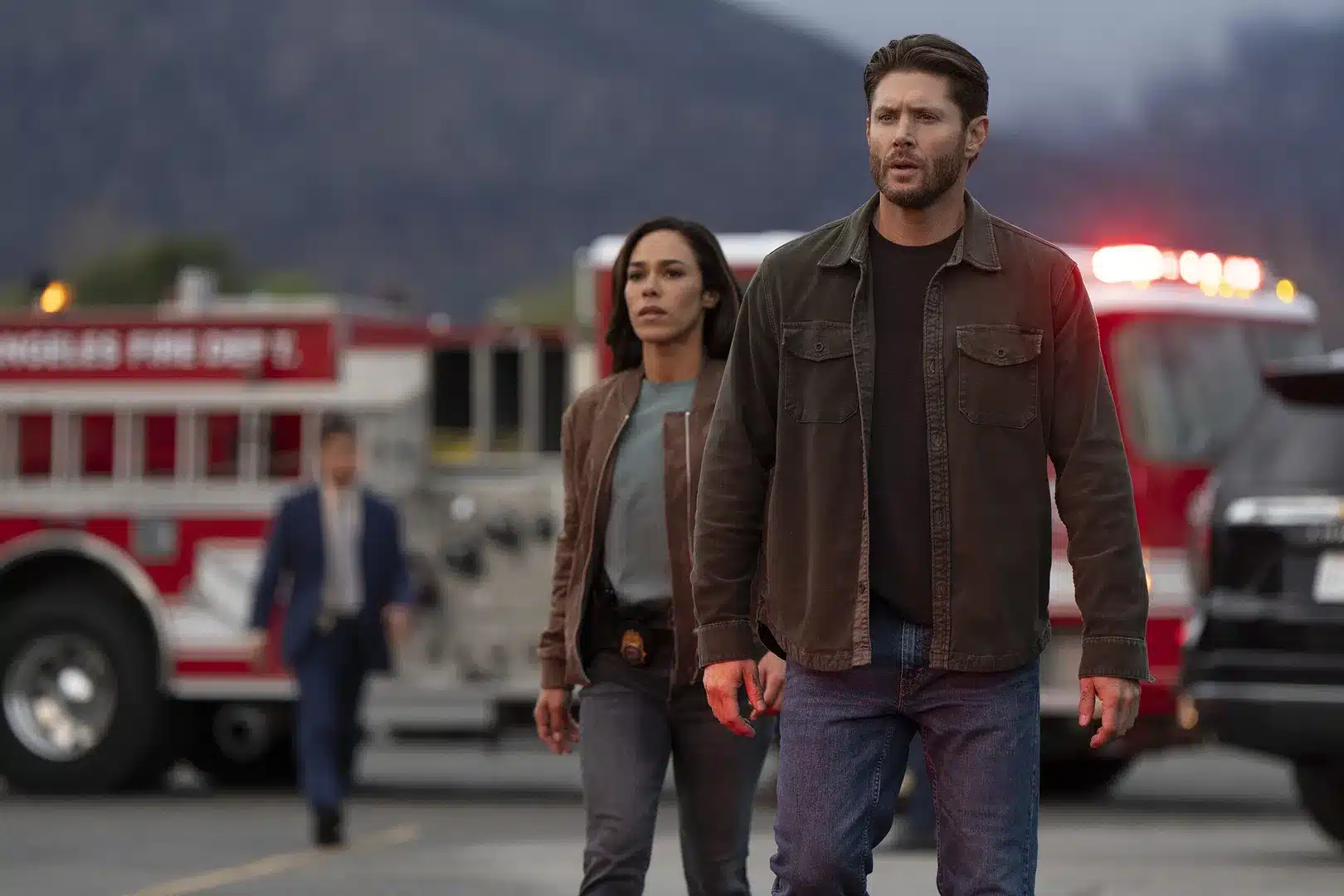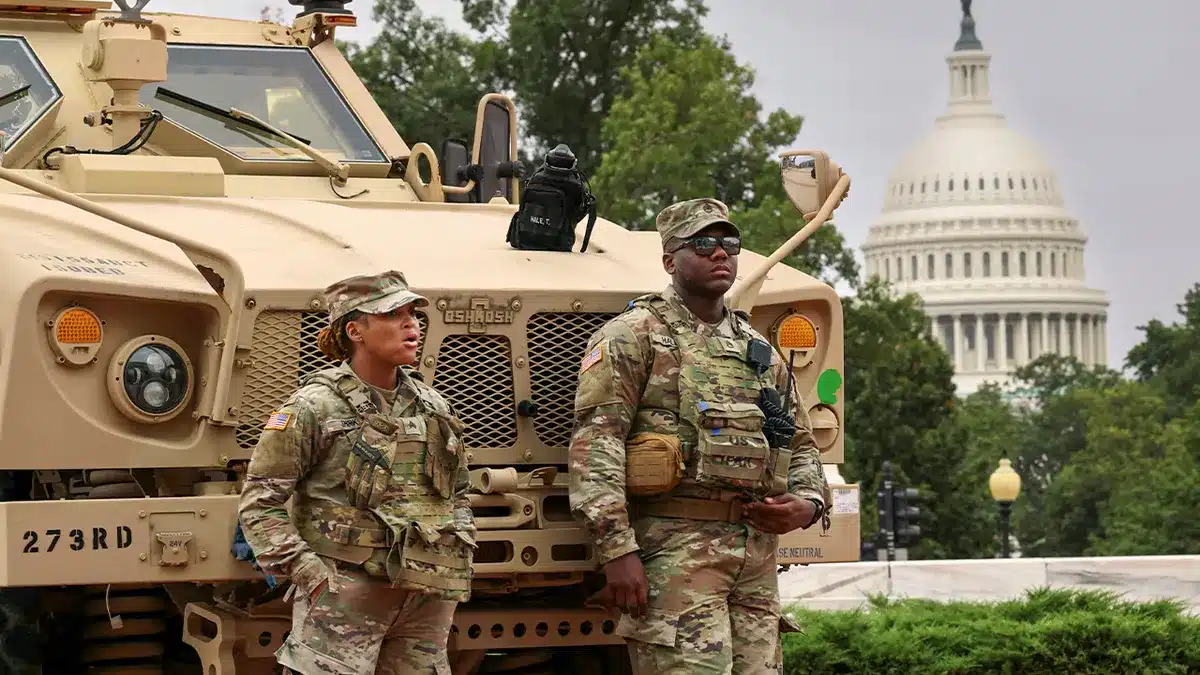
The U.S. government is preparing a large-scale mobilization of National Guard forces in response to heightened concerns over crime and immigration enforcement.
According to documents obtained by FOX News, approximately 1,700 National Guard troops will be deployed across 19 states in the coming weeks, with Texas set to receive the largest share of troops.
This multi-state mobilization is scheduled to roll out from August through November 2025. Officials describe the move as part of a sweeping interagency effort designed to deter criminal activity, reinforce law enforcement operations, and project federal presence in areas facing heightened security challenges.
A U.S. Defense official told the outlet that “the National Guard soldiers being mobilized will effectively serve as a support pillar to a sweeping federal interagency effort, while also serving as a visible deterrent force.”
Trump administration’s crackdown focus
The deployment comes as the Trump administration intensifies its crackdown on illegal immigration and violent crime. President Donald Trump himself signaled earlier on Friday that the next phase of his effort could expand into Chicago, following what he described as alarming levels of violent crime in the city.
“It was horrible and Mayor Bowser better get her act straight or she won’t be mayor very long, because we’ll take it over with the federal government, run it like it’s supposed to be run,” Trump told reporters, criticizing Washington, D.C. Mayor Muriel Bowser.
While recent statistics indicate that crime in Washington, D.C. has declined since its 2023 peak, Trump dismissed those reports, maintaining that federal intervention is necessary.
“Chicago is a mess,” he continued, criticizing the city’s leadership. “And we’ll straighten that one out probably next.” He further claimed that many of his supporters in Chicago have urged him to send federal forces to the city.
“I did great with the Black vote, as you know, and they want something to happen,” Trump said. “So I think Chicago will be our next, and then we’ll help with New York.”
States where National Guard troops will deploy
According to the planning documents, the National Guard activations span 19 states. While troop levels vary, Texas is expected to receive the most substantial deployment, reflecting its status as a primary entry point for illegal immigration and a focal point for border enforcement.
Here is the complete list of states where troops are being mobilized:
- Alabama
- Arkansas
- Florida
- Georgia
- Idaho
- Indiana
- Iowa
- Louisiana
- Nebraska
- Nevada
- New Mexico
- Ohio
- South Carolina
- South Dakota
- Tennessee
- Texas
- Utah
- Virginia
- Wyoming
Purpose of the deployment
The mobilization of National Guard troops is expected to play multiple roles. Beyond directly supporting law enforcement, troops will also act as a visible presence to deter unlawful activity. Sources suggest that deployments could include surveillance support, logistical coordination, and assisting federal immigration authorities with operations in targeted areas.
Officials emphasize that this effort is not solely about manpower but also about signaling the federal government’s commitment to a more aggressive posture on security. “The presence of the Guard sends a clear message,” one defense source said.
Looking ahead
The activation of 1,700 troops marks one of the more expansive state-by-state National Guard deployments in recent years. While the mobilization is framed as temporary, stretching only a few months, some observers expect that the effort may extend into 2026, especially if the administration continues to pursue aggressive federal involvement in city-level crime response.
With Texas bracing for the heaviest presence, and with Chicago and New York named as possible next steps, the deployments underscore the administration’s broad strategy: combining military support with federal law enforcement initiatives in areas it considers under severe strain.
As the mobilizations begin rolling out in the coming weeks, all eyes will be on how states adapt to the increased presence of federal and National Guard forces – and whether the effort significantly impacts crime and immigration enforcement on the ground.



